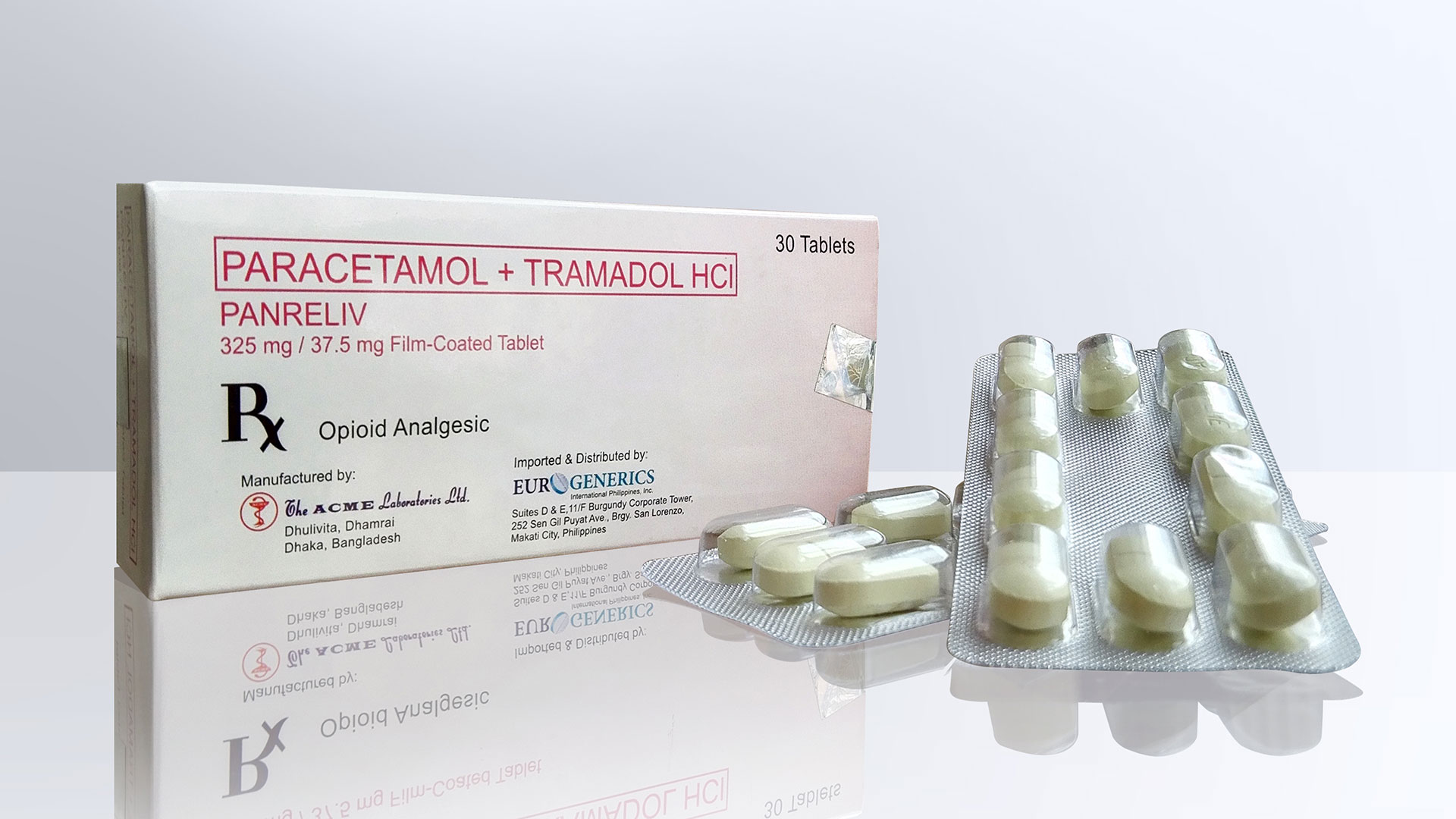With more and more well-known faces speaking out about their difficult experiences on the prescription painkiller Tramadol, there’s a new spotlight on how using this drug can lead to troubles with addiction, drowsiness, and in some cases death.
More than 7.5 million Tramadol doses were dispensed in England in 2015
Tramadol is an opiate-based prescription-only analgesic, known as a ‘weak opioid’, similar to other drugs such as codeine and dihydrocodeine. It acts in two ways upon the brain and central nervous system – firstly blocking opioid pain receptors to produce pain-reduction and relaxation, and secondly by increasing neurotransmitters such as serotonin, leading to pleasurable sensations and improvement of mood. But side-effects include constipation, breathing problems and drowsiness. Due to its potential to be misused, Tramadol is a controlled substance, which means there are certain restrictions: only 30 days’ supply can be issued at a time, and patients prescribed Tramadol should have their medication reviewed by a medic every three months.
More than 7.5 million Tramadol doses were dispensed in England in 2015. One of the most common scenarios for a Tramadol prescription is for moderate to severe chronic pain (lasting more than a few days), for example, back pain or after a traumatic injury. As a prescription drug taken in the recommended dosage, Tramadol can be highly effective. But increasing the dose without medical supervision, or mixing with other painkillers or alcohol, can lead to drowsiness, coma and death.

It’s the misuse of the drug that’s particularly worrying. An estimated 17 million people abuse opioids worldwide. Prescriptions of Tramadol are on the rise – in the US prescriptions of the drug doubled in the five years from 2008-2013, to around 44 million scripts per year. During the same period, emergency room visits due to Tramadol-related suicide attempts increased from 3,000 to more than 5,600. It’s a trend that could spread to the UK, and is worrying professionals in this country.
Several bodies such as the Faculty of Pain Medicine and the Royal Pharmaceutical Society have raised concerns about the increase in opioid prescriptions in the UK over the last decade, especially if the prescriptions are unnecessary and have the potential to cause sedative effects which do more harm than good. The Royal College of General Practitioners has called for closer and more regular reviews of repeat prescriptions that include painkillers.
Tramadol can be highly effective. But increasing the dose without medical supervision can be dangerous
Harry Shapiro of the DrugWise information service has called the misuse of opioid analgesics as a “public health disaster hidden in plain sight”. Deaths involving Tramadol have increased significantly since the first reported death in 1996, reaching a peak of 240 in 2014. This led to the drug being reclassified as a Class C drug (illegal if not prescribed) in an attempt to reduce illicit access.





